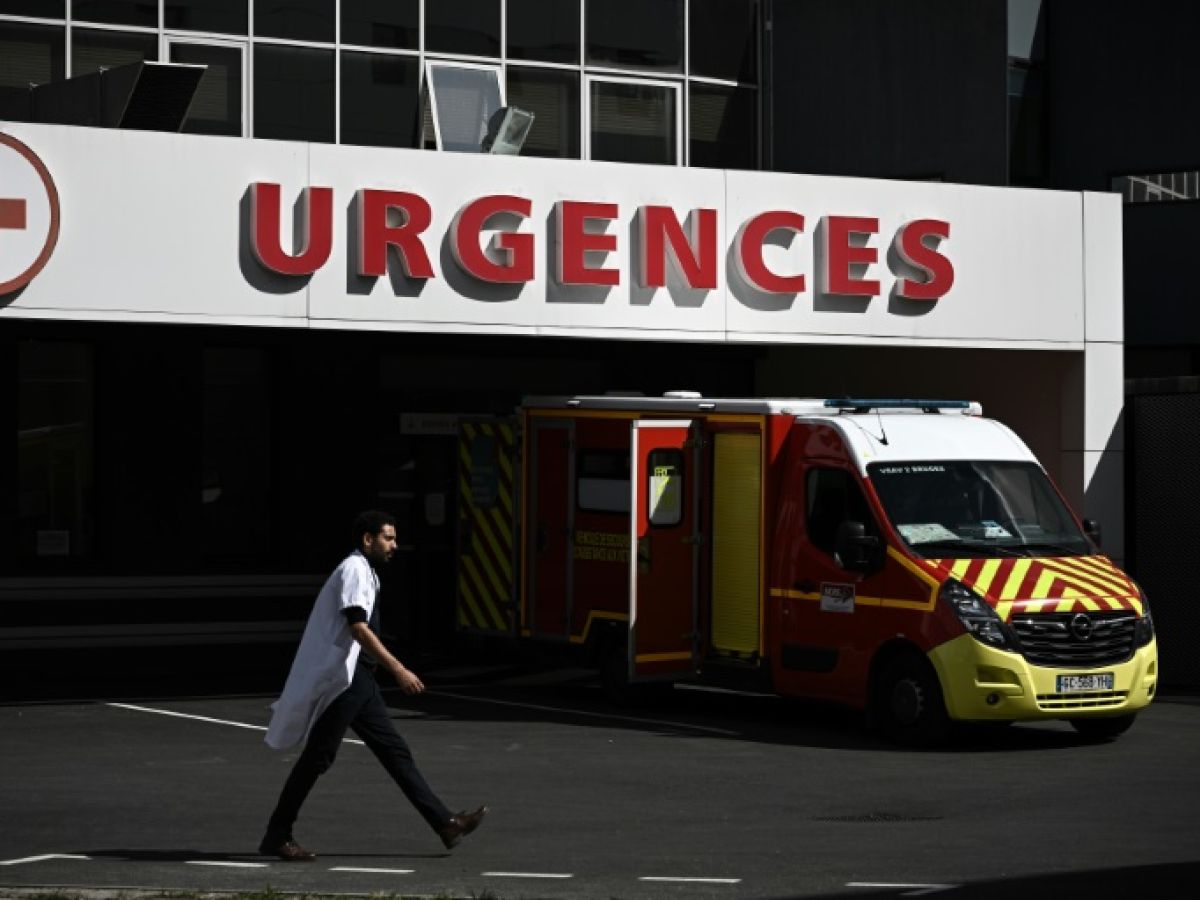Between 1996 and 2019, emergency room visits "more than doubled." They increased by an average of 3.3 million per year, reaching 22 million. The health crisis in 2020 marked a turning point: the number plummeted to 18.1 million, according to this study by the statistical services of the social ministries.
The emergency situation is very variable in France
This decline is linked in particular to the confinements and health measures, which have “drastically reduces travel”, reduces the number of accidents, or reduces the circulation of viruses. The public may have been more reluctant to go to the hospital for fear of being contaminated, the Drees further analyzes. “After a marked rebound in 2021 (resumption of tourism, vaccination campaigns, etc.), then a more contained rebound in 2022”, emergency room visits have "falls again in 2023 to settle at a level close to that of 2017", or 20.9 million, observes the Drees, without explaining the phenomenon.
The situation is very disparate across the country: this drop in the number of crossings concerned "half of the departments" in 2022 and "three-quarters" in 2023, with in some cases a level lower than before the crisis "every month" (Allier, Calvados, Cantal, Indre, Jura, Tarn… But also Paris or the Rhone). The number of passages is on the contrary higher than the pre-crisis period (2017-2019) in "a quarter of the departments", sometimes every month as in Gard, Haute-Garonne and Haute-Saone.
Attempts to “regulate” emergencies
The organization of emergency services has evolved since 2021, notably with the gradual deployment of "SAS" (healthcare access services), new emergency medical services (SAMU) that combine community medicine to redirect certain non-urgent cases to private practices. In certain departments – experiencing significant pressure in emergency rooms – where they were deployed as a priority, such as Haute-Garonne, Isère, and Réunion, they have not "not allowed to reverse the upward trend". "On the contrary, in Yvelines, Manche and Moselle", also pilots, the passages have "significantly declines compared to the pre-crisis level".
Whether this is attributable to the device " remains to be established", specifies the Drees, because other measures have been put in place at the same time, such as regulation (obligation to call 15 to be taken care of in emergencies), particularly in the Channel in the summer of 2023.

